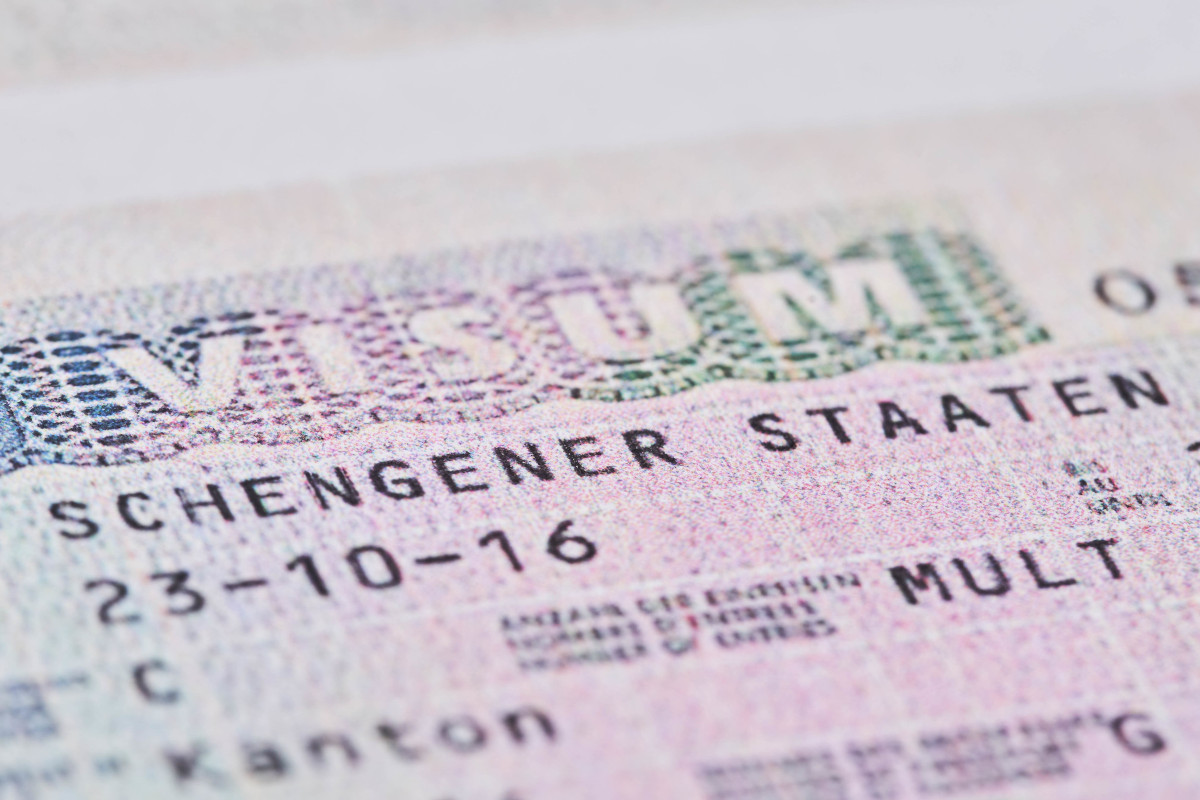The European Union’s imposition of visa sanctions on The Gambia, aimed at compelling cooperation on deportations, seems to have led to a new willingness to accept deportation flights from EU states. The Gambia is the only country against which the EU has implemented visa sanctions, which were introduced by amendments to the EU Visa Code in 2019.
The European Union (EU) imposed visa sanctions on The Gambia to pressure the country into cooperating on deportations. These sanctions, introduced in 2019, led to longer visa processing times and higher fees for Gambian citizens. Despite historical cooperation, The Gambia was targeted, possibly due to its size. The sanctions were eased in 2024, but visa rejection rates remain high.
Success story for visa sanctions
Gambian citizens faced increased processing times for Schengen visas as of 2021 and an increased fee as of 2022. These measures were introduced after mass protests in The Gambia led to a moratorium on accepting deportations. However, Gambian activists suggested that the country may have been targeted due to its size, being seen as a site of experimentation for new European policies.
Despite historically permitting a relatively high number of deportations per capita, The Gambia faced challenges even before the EU’s sanctions. Visa applicants from The Gambia typically had to travel to neighboring Senegal, as most EU countries did not process visa applications directly in the country. Additionally, getting a visa appointment was difficult, with advertisements in Dakar offering appointments for hundreds of euros.
On 16 January 2024, the sanctions were eased through a lifting of the increased visa fee, following substantial and sustained improvement in cooperation on readmission. Regular charter flights have been heading to the country over the past year. However, visa rejection rates for Gambians remained high in 2022, at 57%.
Lamin Mokendeh Darboe, former director of the Gambian National Youth Council, noted that even before the sanctions, few Gambian citizens were able to travel to the EU. The increased visa processing times remain in place, with insufficient cooperation on readmission cited as the reason.
The EU’s approach has seen some success in Iraq, with the number of deportations to Baghdad increasing after the EU threatened visa sanctions against Iraq in July 2021.
The EU has also proposed sanctions against Bangladesh, Senegal, and Ethiopia, although these have not been implemented. The threat of sanctions is seen as a tool to compel cooperation on deportations.
More threats against Bangladesh, Senegal, and Ethiopia coming
A European Council Presidency discussion paper suggests that it is time to assess the application of the Article 25a mechanism on readmission cooperation with third countries and identify potential improvements. The paper highlights Iraq as a success story, as the EU threatened visa sanctions against Iraq in July 2021, which were never implemented.
The paper suggests that setting a deadline for evaluating progress in readmission cooperation can yield results. If no significant progress is observed, the Council may adopt restrictive visa measures.
Other proposals against Bangladesh, Senegal, and Ethiopia have not been implemented. The paper suggests that the mechanism’s power lies in the political message conveyed by the proposals, which may lead to more threats in the future. The paper also notes the European Council’s calls to use leverage against third countries that do not cooperate sufficiently on readmission.










